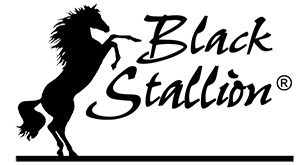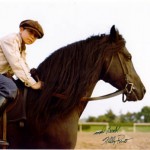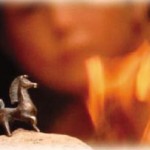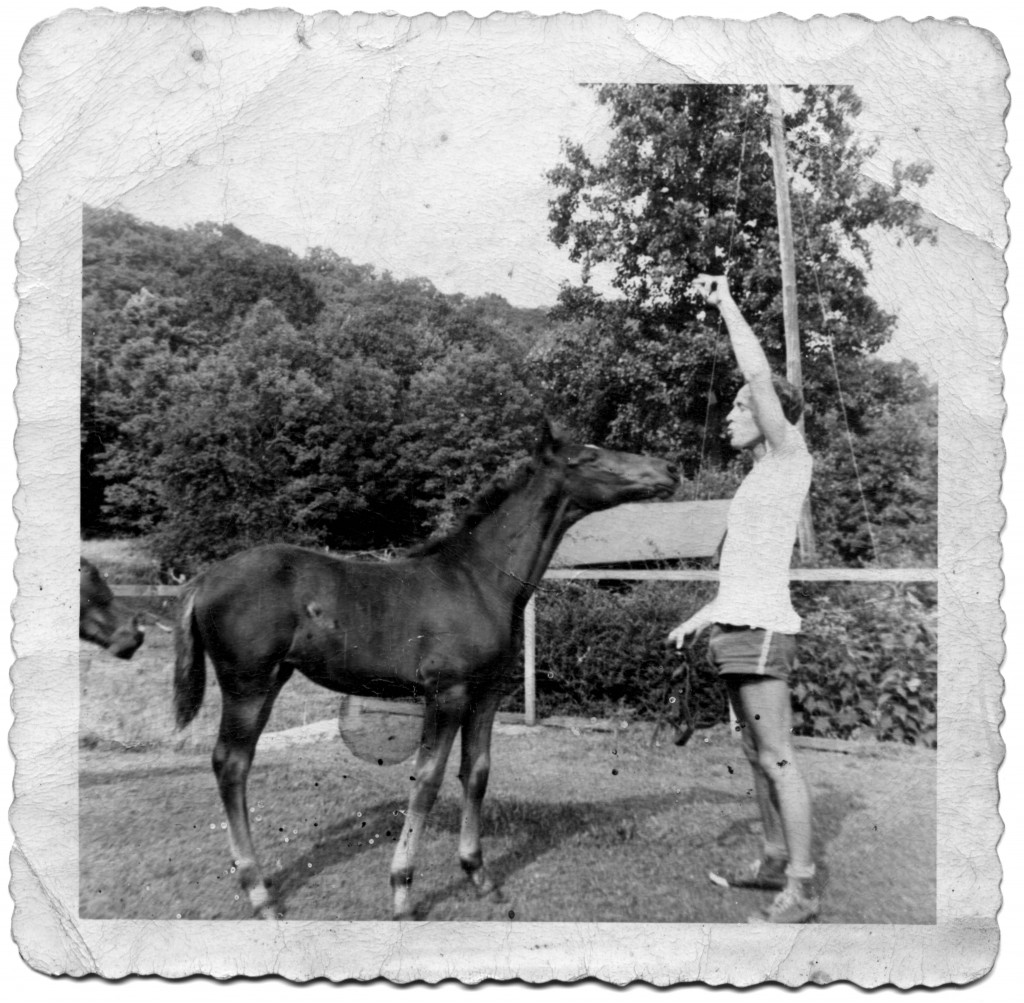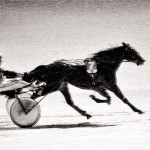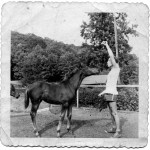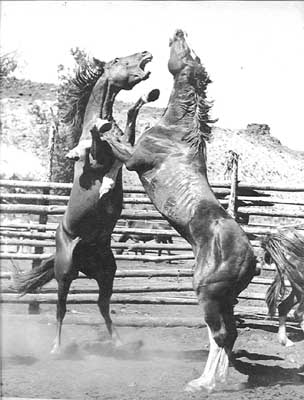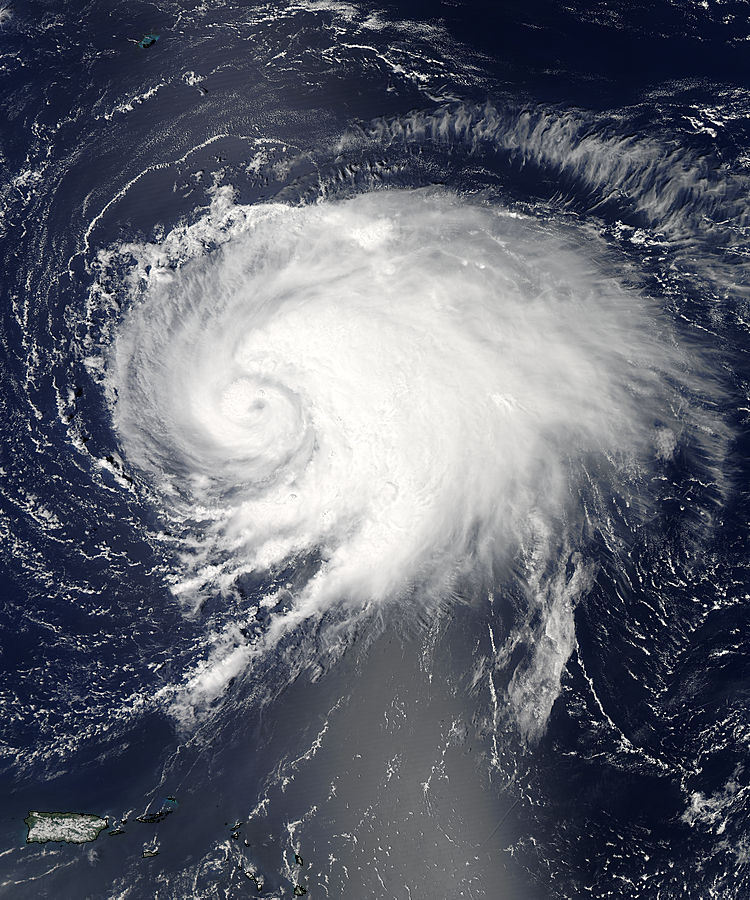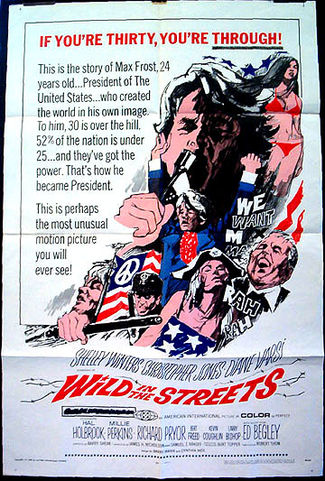Buchephalus on sale @ the Trading Post!
So, do you want to go out to the barn? Is this work or a way of life? Just because it’s Saturday doesn’t mean you get to lay around in the hammock sipping some beverage of your choice. There’s always more work to do – that’s the critter way.
Here’s the next book chapter … when you get done with your chores put your feet up and enjoy what’s left of summer – ahhhh;
FAN MAIL
“Dear Alec Ramsay,” the letter began, “I’ve wanted to write you a long time but was afraid you’d be too busy even to read my letter. I finally decided I just had to take a chance and write anyway. I know there’s no one else who would understand my love for a horse as much as you and I need your help very much.”
Alec stopped reading and got off his seat on the tack trunk so the old man with him could rummage inside. “What are you looking for, Henry?” he asked.
“The X-ray plates Doc Palmer took,” the trainer said.
“The latest batch?” Alec asked.
“Yeah, those.”
“In the right-hand corner.”
Removing the stack of negatives, the old man held them up to the morning sunlight coming through the doorway of the small room. He stared at the X rays, shook his head, then climbed up on the tack trunk and held the negatives against the bare light bulb.
“You won’t find anything,” Alec said. “You never do.”
“There just might be a speck we missed.”
“There’s nothing,” Alec insisted. “The Black’s hoof healed long ago. We have the doc’s word for it. We have clean pictures and we know he’s acting right.” Mounting impatience with the old man made him add, “I don’t see why you keep looking for trouble, Henry. He was wild to run this morning. I haven’t seen him act so alive and well in months.”
“You let him get away from you,” the old man said defensively. “You were supposed to take him for a sightseeing gallop and you didn’t.”
“I couldn’t. As I say, he was wild. He felt good. He was bucking and playing all the way. You know yourself that he was still so fresh when we got back to the barn that it took the two of us to walk him.”
“I know,” the old man said, still studying the pictures.
Alec Ramsay turned back to the letter in his hand. “You want me to read this letter to you?”
“Why not? Don’t you always read your fan mail to me?”
“But sometimes you don’t listen.”
“I’ll listen. I can work at the same time.” Henry Dailey held the X-ray negatives to the light bulb again and added, “Whoever is writing needs your help. Like maybe ten others a week you hear from. He loves horses as much as you do. Or maybe it’s from a girl this time?”
Alec turned over the letter to read the signature. “No, it’s from a fellow. Someone named Steve Duncan. But you’re right so far … he loves horses as much as I do and he’s asking for help.”
“Want me to go on?” the old man asked without taking his eyes from the negatives. “I can tell you the rest of it, almost word for word.”
“No, let me read it to you. Maybe it’ll be different this time.” But different or not, Alec decided it was good knowing people were interested enough in him and the Black to write. If the day ever came when he and Henry became too busy to read such letters, it would be time to quit racing altogether.
“From the newspapers I know you have the Black at Hialeah Park this winter and may race him before long,” Alec read aloud. “I know exactly how you feel having such a wonderful horse and I wish …”
Henry stepped down from the tack trunk, replacing the X-ray negatives in a large manila envelope. “That fellow knows exactly how you feel having the Black, and he wants one exactly like him someday,” he said. “You’re not going to be able to help him any more than you did the others, Alec. How come people don’t understand that a truly great horse like the Black turns up just once in a lifetime, if at all?”
Alec shrugged his shoulders as he met the old man’s gaze. Henry’s face had the texture of old parchment crisscrossed with a mass of wrinkles, but his eyes and voice still held the fire and gusto of youth.
“I’d pity most of them if they ever did have a horse like the Black,” the old man went on. “They don’t know what it’s like having a great horse on their hands. They don’t know any of the problems.”
“Who’re you kidding? You wouldn’t change it for the world, Henry,” Alec said.
“Of course not. I waited all my life for him to come along. Maybe I worry about him too much like you say,” he went on. “Sometimes I think he’s going to worry me to death. Sometimes I can’t eat or sleep, just knowing I got the big one in my stable. That’s the way it is, but I wouldn’t wish it on anyone else.”
Turning back to the letter, Alec said, “This fellow seems to have something else in mind.”
“… and I wish,” he continued reading, “that you and I could get together. I live in Miami now. My family moved here from the North last fall. It would be easy for me to get to Hialeah to see you. Would you mind if I came over soon? It’s very important and I’m sure you could help me.”
“That’s great, just great,” the old man said. “All we need around here is a horse-struck kid with a problem. Maybe he won’t get past the barn gate.”
“That doesn’t sound like you, Henry,” Alec said. “It won’t do any harm to see him if he does come. I don’t see what’s wrong with you these days. You’re too cautious about everything.”
Henry straightened his blocklike figure, making a gallant attempt to look unconcerned at Alec’s criticism and regain his position of authority. He didn’t like the way Alec was sizing him up. Alec was too composed while he was squirming inwardly. Maybe it was a sign of old age creeping up on him. Maybe it wasn’t a case of being as old as one felt but as old as one was.
the rest – 18th book chapter
See you soon & enjoy the Ride! tim
